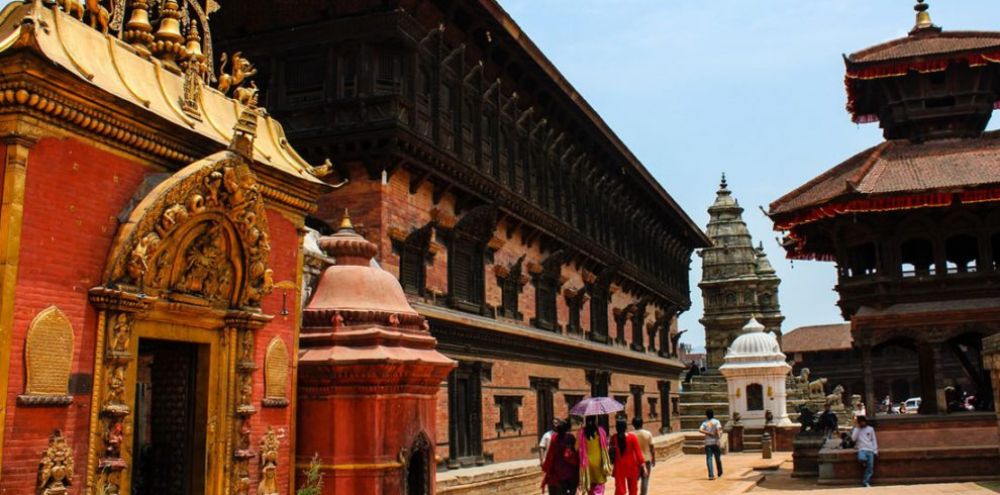

The ancient city of Bhaktapur, located in the Kathmandu Valley of Nepal, is a treasure trove of medieval art and architecture. Sometimes referred to as Bhadgaon or Khwopa, it is renowned for its UNESCO World Heritage status and has a long-standing history in Nepali tourism.
Bhaktapur was founded in the 12th century by King Ananda Malla and was once the capital of the great Malla Kingdom until the second half of the 15th century. With its royal palace, countless temples, and its status as a nexus of traditional culture and religion, the city has been a significant center for Nepali arts, culture, and history. This history has set the foundation for Bhaktapur's tourism industry.
Tourism in Bhaktapur started to flourish when the Hippie Trail brought Western tourists to Kathmandu in the 1960s and 1970s. These visitors sought authenticity and were captivated by the city's well-preserved medieval streetscapes. In 1979, when UNESCO declared Bhaktapur as a World Heritage Site, international recognition spurred infrastructure development designed to cater to cultural tourism.
The influx of tourism has had both positive and negative impacts on Bhaktapur. On the positive side, tourism has brought economic benefits, preservation efforts, and international recognition. However, it has also led to commercialization in some parts and put pressure on local culture and resources.
In recent years, there has been a shift towards sustainable tourism practices in Bhaktapur. Community-based tourism is on the rise, with more emphasis on preserving local culture and environment. Eco-friendly lodges and traditional homestays are becoming popular choices among tourists seeking an authentic experience.
Additionally, the city has been focusing on enhancing the experience of visitors through the maintenance of its cultural sites and improving tourist facilities. Tourists are increasingly interested in local experiences such as participating in traditional festivals, artisan workshops, and enjoying the local cuisine.
When planning a visit to Bhaktapur, it's essential to respect the local culture and traditions. Tourists are encouraged to learn about the city's rich history, participate responsibly in local customs, and contribute to the preservation of this magnificent world heritage site.
For those who wish to experience the historic splendor and cultural richness of Nepal, Bhaktapur is a destination that is both influential in the past and present of tourism.
Please note that details such as entry fees and best visiting times can change, so it's wise to check for the latest information before planning your trip.